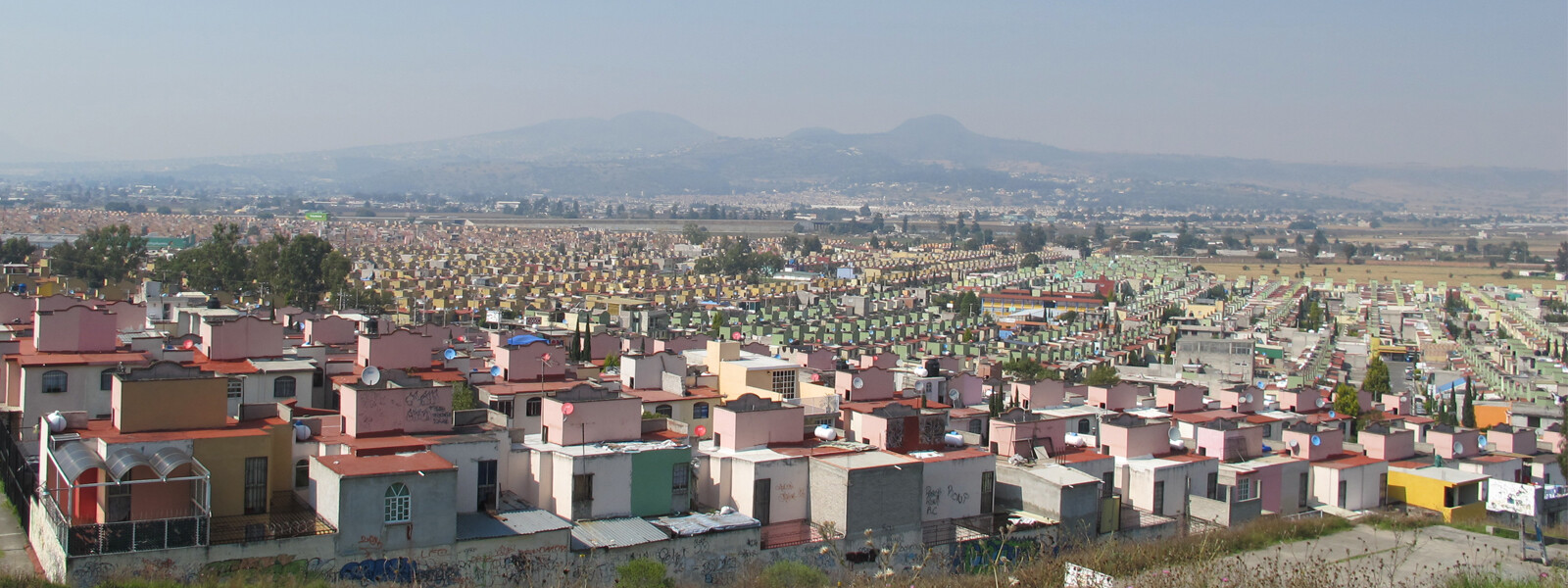Recorridos explorativos y entrevistas en movimiento son dos estrategias complementarias que movilizan la etnografía. Juntas forman la base de un diseño metodológico específico de la etnografía móvil que se orienta en estrategias cualitativas bien establecidas, pero a la vez se adapta para estudiar territorios urbanos grandes y heterogéneos. Enmarcada como tal, la etnografía móvil es una estrategia sistemática y situada – y al mismo tiempo inovadora y comparativa – para estudiar empíricamente la urbanización, y posiblemente útil para analizar otras transformaciones socioespaciales actuales que se dan en múltiples sitios y escalas de manera más general. Este modo de investigación invita a los antropólogos y las antropólogas a descentralizar aún más las perspectivas metodológicas, en particular al fomentar formas más colaborativas de producción de conocimiento.
Streule, Monika (2023) How to set ethnography in motion. In: Sánchez Criado, Tomás and Adolfo Estalella (eds.) An ethnographic inventory. Field devices for anthropological inquiry. New York: Routledge, 133–142.



